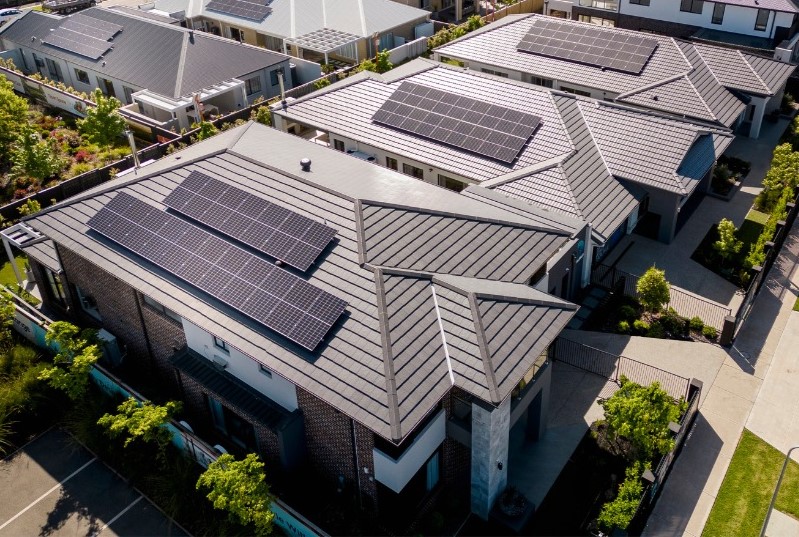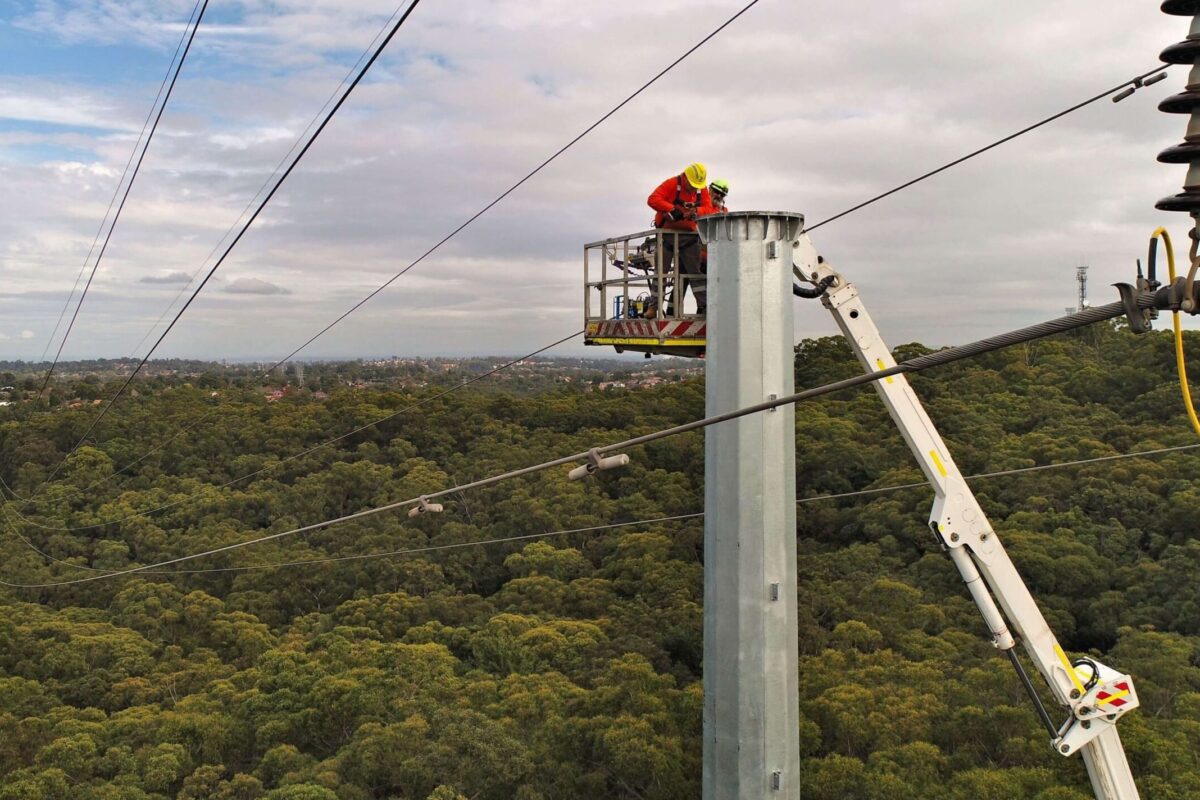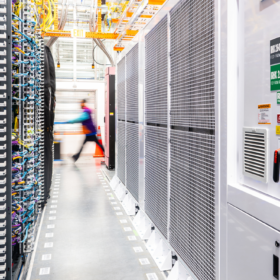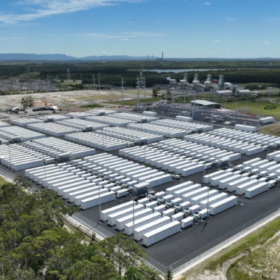The 2025-26 Federal Budget’s short term energy bill relief in two $75 rebates up to 31 December, is an opportunity for energy retailers to do more to educate consumers on the long-term economic benefits of rooftop solar, electric vehicles and automated orchestration.
Melbourne-headquartered energy software company Kaluza Australia General Manager Gavin Mooney said while the government’s $1.8 billion extension for energy bills will be a relief for households struggling to manage cost-of-living pressures, the issue needs a long-term solution.
“With electricity bills set to jump another 9% over the next year, retailers must empower consumers to step into the driver’s seat and take control of their electricity usage,” Mooney said.
“No one wants to actively think about their energy bills, let alone spend hours of research analysing the benefits of demand-response and load-shifting capabilities. But greater communication and education will quickly demonstrate how small-time investments can generate major savings.”
Mooney added that simple actions like switching to more efficient appliances or adding rooftop solar panels can generate real savings.
“For consumers who’ve already made the switch to electric vehicles (EVs), smart charging capabilities are delivering up to $450 in annual savings. Triple the value of the energy relief package,” Mooney said.
“The energy industry has a responsibility to improve visibility around the smarter, simpler solutions available, financially rewarding consumers for their behind-the-meter solutions like rooftop solar, EVs, and automated orchestration, mirroring the incentives offered to big battery developers.”
Climate Council Chief Executive Officer Amanda McKenzie agrees measures like investing in access to rooftop solar backed up by batteries also provide cheaper, reliable power in the long term.
“Renewable energy is the fastest way to cut power bills, replace retiring coal, and secure a safer future for our kids and communities and already, renewable power makes up around 40% of our main national grid and we must maintain this momentum to future-proof our grid, help lower energy bills, and cut climate pollution.”
Solar Citizens CEO Heidi Lee Douglas said immediate bill relief delivered by the Budget is needed but hopes to see more from the government and opposition in the lead up to the election to create long term energy bill savings.
“There are substantial ways the government can slash power bills for millions of people longer term – and that’s through support for home renewable energy, like home solar and batteries,” Douglas said.
“While 40% of households now have reduced energy costs through rooftop solar, 60% of us still miss out and many are locked out if they rent or live in apartments. We have repeatedly presented the government with our policy asks to address this issue long term.”

Image: Lightsource BP
Large-scale energy project education
Developers of large-scale renewable energy projects are legally bound to host community engagement events, however the Renewable Energy Alliance (RE-Alliance) and Community Power Agency, with Yes2Renewables, have been calling on the government for improved community engagement and access to reliable information in regional communities about Australia’s shift to renewables.
Proposing Local Energy Hubs that would be physical centres with outreach programs staffed by independent local experts, they would be tasked with providing accurate information about what’s happening in renewable energy regions.
Community Power Agency Director Jarra Hicks said the government is rightly focussed on progressing Australia’s shift to renewables to lower household energy bills and carbon pollution as quickly as possible.
“But our renewable energy targets are at serious risk if governments continue to sideline the needs of regional and rural communities in the process,” Hicks said.
“Fairness isn’t a barrier to speed, it’s what makes speed possible. When people have access to trusted, independent information, they can make informed decisions about their energy future, helping to drive the shift to renewable energy.”
This content is protected by copyright and may not be reused. If you want to cooperate with us and would like to reuse some of our content, please contact: editors@pv-magazine.com.









By submitting this form you agree to pv magazine using your data for the purposes of publishing your comment.
Your personal data will only be disclosed or otherwise transmitted to third parties for the purposes of spam filtering or if this is necessary for technical maintenance of the website. Any other transfer to third parties will not take place unless this is justified on the basis of applicable data protection regulations or if pv magazine is legally obliged to do so.
You may revoke this consent at any time with effect for the future, in which case your personal data will be deleted immediately. Otherwise, your data will be deleted if pv magazine has processed your request or the purpose of data storage is fulfilled.
Further information on data privacy can be found in our Data Protection Policy.